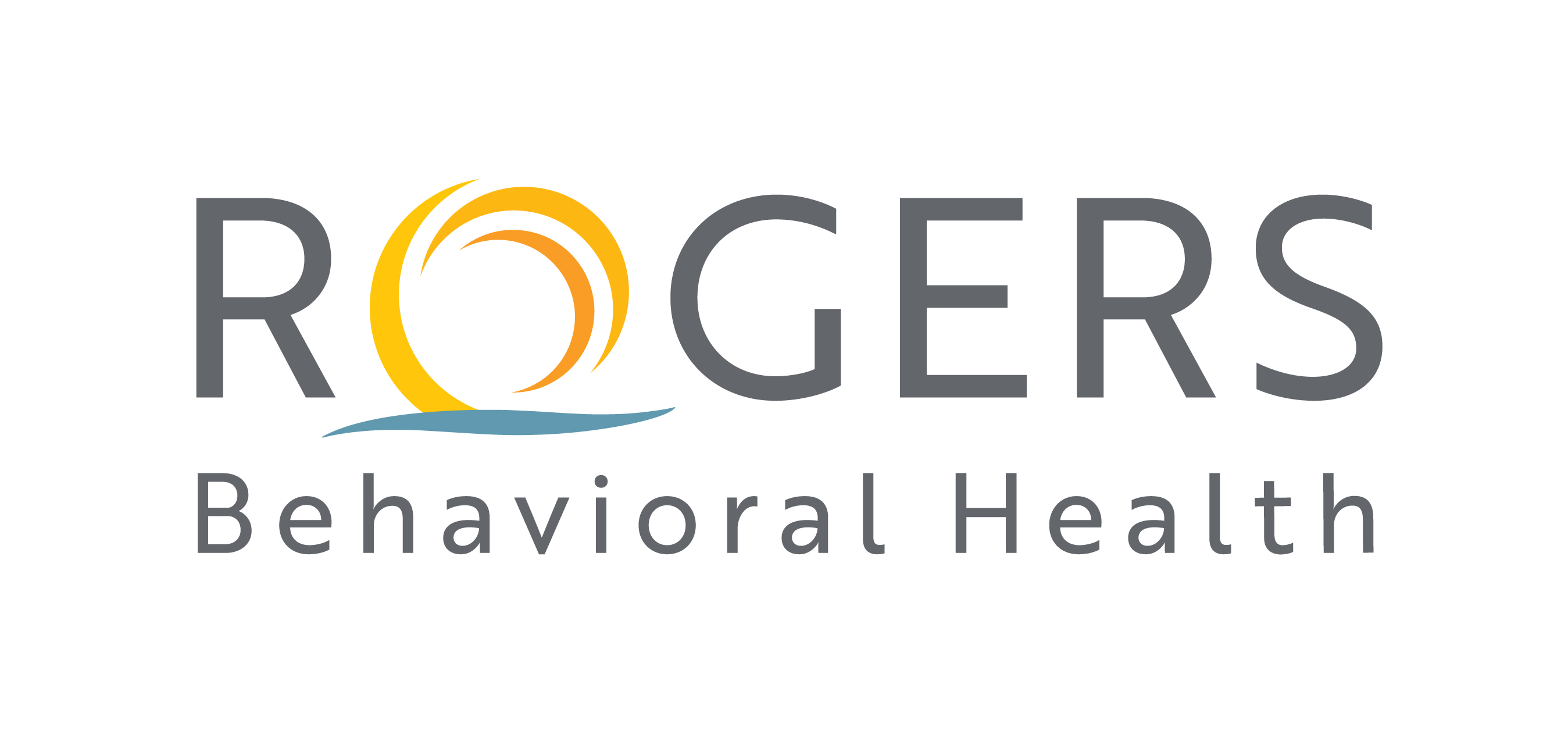Treating OCD in children and adolescents: A cognitive-behavioral approach
Obsessive-compulsive disorder (OCD) is a highly debilitating illness; in the pediatric population, OCD often presents vexing problems to even the most experienced clinicians. The program will focus on recent empirical findings in the treatment of OCD in children and adolescents, and clinical application of these empirically supported methods. Particular emphasis will be placed on provision of clinical services for OCD patients who have demonstrated prior partial or non-response to cognitive-behavioral, pharmacological, or combined treatment approaches, and who have comorbid conditions and fa...Read moremily-based clinical complexities that may complicate treatment delivery. At the end of the program, a structured question and answer period will allow ample time for participants to interact with the presenter. Appropriate for intermediate-level practitioners who work with pediatric clients with OCD and related disorders. Less...
Learning Objectives
- Identify the two core OCD symptoms in youth and present the CBT rationale to families
- Arrive at clinical decisions about proceeding with OCD treatment when comorbid disorders are also present and recommend at least three ways to move forward depending on clinical circumstances
- Set up an OCD treatment that takes at least three key developmental factors into consideration
- Be able to identify and address the three most common barriers to successful intervention
- Recognize the potential value of family-based interventions to address accommodation
Learning Levels
- Intermediate
Friday, February 03, 2023
5990 Green Valley Circle, Culver City, CA, 90230
09:15 AM PST - 04:00 PM PST
About the speaker
Agenda
8:30 am Registration
9:10 am Welcome and speaker introduction
9:15 am Theory
- Phenomenology, psychopathology, and assessment
- Guiding theory and principles of CBT for OCD
- Treatment efficacy
10:30 am Break
10:45 am Implementation
- Implementing CBT with children and adolescents
- Exposure plus response prevention: Nuts and bolts
- Adjunctive/augmentative strategies
12 pm Break (box lunch provided; includes whole fruit, chips, a cookie, and a bottle of Aquafina® water)
1 pm Stumbling blocks
- Stumbling blocks: What does the extant literature tell us?
- Common stumbling block 1: Psychiatric comorbidity
- Common stumbling block 2: Family accommodation
- Common stumbling block 3: Motivational readiness
2:15 pm Break
2:30 pm Structured Q & A
- Q & A about OCD presentation in youth
- Q & A about CBT implementation
- Q & A about adjunctive/augmentative strategies
- Q & A about common stumbling blocks and getting unstuck
3:45 pm Closure
- Instructions for completing evaluation and receiving CE certificate
CE Information - Earn 5 CE Credit Hours
CE Approvals
American Psychological Association
Association of Social Work Boards
National Board for Certified Counselors
Other Professionals
CE Process Info
Each professional is responsible for the individual requirements as stipulated by his/her licensing agency. Please contact your individual licensing board/regulatory agency to review continuing education requirements for licensure renewal.
Participants must attend for the entire program to be eligible to receive CE credit and must check in/out with the room monitor. Participants who successfully complete the program will receive an email with the link to the evaluation form – this will be sent to the email account used to register. Once the evaluation form is completed, participants will be able to download their certificate.
A Continuing Education Certificate for this program will be obtained using the website CE Go. After the event, you will receive an email with a link to CE Go. This link will be emailed to the account you used to register for this event.
Upon accessing the CE-Go website, you will be able to:
- Complete the mandatory evaluation forms for the event
- Download your CE Certificate in PDF form

